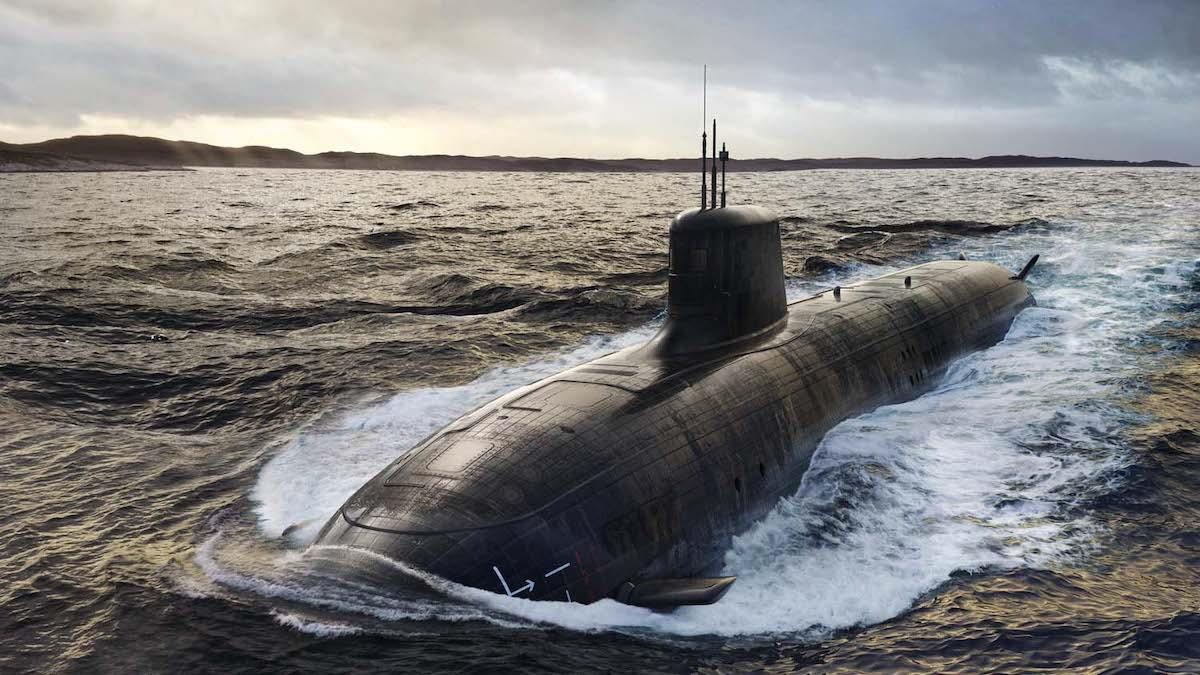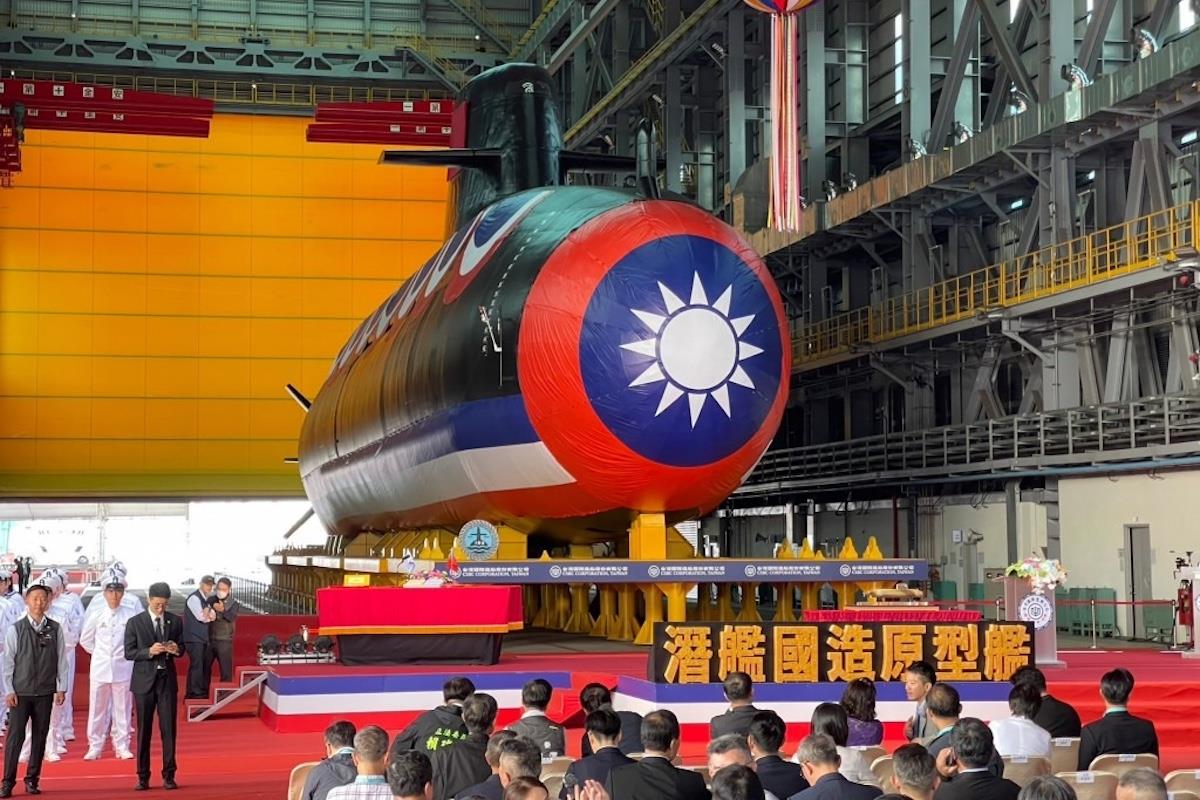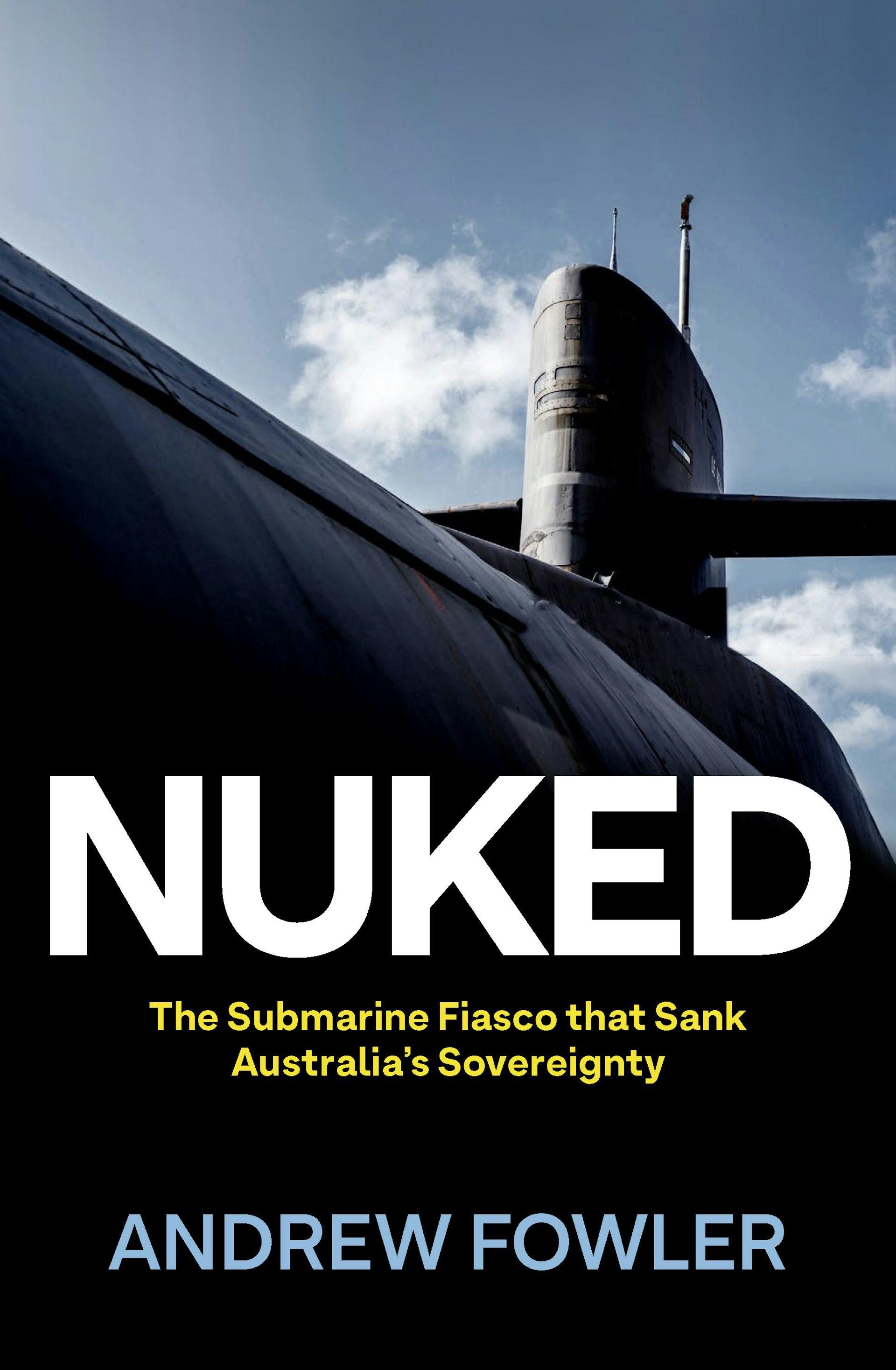
AUKUS Submarine Deal Exposed As Monumental Folly
Anyone who doubts the accuracy of former Labor luminaries Paul Keating and Gareth Evans , who have argued that AUKUS is, as Keating put it,“the worst deal in all history,” really ought to read this book.
The plan for Australia to acquire eight nuclear-powered submarines, built locally in partnership with the United States and the United Kingdom, is projected to cost up to A$368 billion (US$249.4 billion). But it is not just the cost of the AUKUS project that is astounding.
While many people should hang their heads in shame, the principal architect of this monumental folly is Scott Morrison, whose reputation will be deservedly further diminished by the revelations contained in Fowler's carefully researched volume.
One question the book does not address in detail is the abysmal quality of political leadership in this country – especially, though not exclusively, on the conservative side of politics.
Whatever the reasons for this, the end result was that
The shift in question was the decision to abandon an agreement to buy much cheaper, arguably far more suitable and deliverable submarines from France, with the aim of“welding Australia's military to the United States.” In retrospect, it is hard to believe how badly the French were misled, or how shortsighted the rationale for the switch actually was.
In Fowler's view, buying the French submarines would have been a“remarkable achievement.” It would have given Australia“greater independence and a more influential position in the world.”
Properly explaining Australian policymakers' fear of strategic and foreign policy independence would take another book . But what clearly emerges from Fowler's account is how irresponsible and self-serving Australia's approach to national security became under Morrison. The fate of the Australian people, not to mention the endlessly invoked“national interest,” was of less concern than short-term political advantage.
“The fact that the increasing US military presence in the Indo-Pacific could draw Australia into a conflict,” writes Fowler,“seemed of little consequence in Morrison's desire to wedge Labor on national security.”
Of course, being painted as“weak” on security, and the US alliance in particular, was the stuff of nightmares for the Australian Labor Party. It still is.
Consequently, the ALP's leadership has gone to extraordinary lengths to try and convince voters, and its own increasingly skeptical rank and file , not only that they are they equally committed to national security but that the AUKUS agreement is the best way of achieving it.

Legal Disclaimer:
MENAFN provides the
information “as is” without warranty of any kind. We do not accept
any responsibility or liability for the accuracy, content, images,
videos, licenses, completeness, legality, or reliability of the information
contained in this article. If you have any complaints or copyright
issues related to this article, kindly contact the provider above.























Comments
No comment